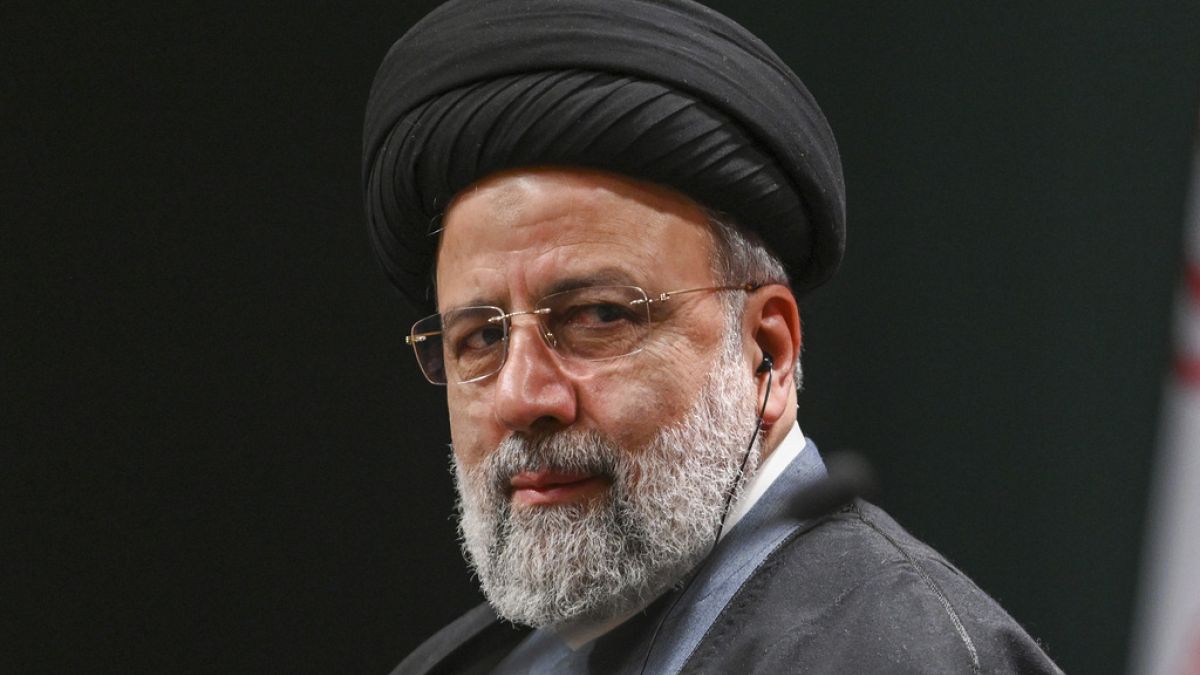The European Council President, Charles Michel, recently expressed his condolences over the tragic death of Iran’s President Ebrahim Raisi and his Foreign Minister, Hossein Amir Abdollahian, in a helicopter crash. However, not all members of the European Parliament were in agreement with this message of sympathy. Various MEPs criticized the EU’s expressions of solidarity, with some calling it an insult to the oppressed Iranian people. The EU’s offer of mapping services by the Copernicus Emergency Management Service was clarified by European Commissioner for Crisis Management Janez Lenarčič as a humanitarian gesture, not a political statement.
Despite the EU’s expressions of sympathy, the European Union is among the numerous countries that have imposed sanctions against the Iranian regime. These sanctions include trade restrictions, travel bans, and asset freezes. In response to Iran’s large missile attack on Israel earlier in the year, the EU agreed to a new round of sanctions amidst heightened tensions between the two regional rivals. The criticism from MEPs such as Rob Roos, Charlie Weimers, and Assita Kanko highlights the differing opinions within the European Parliament regarding the EU’s stance on Iran.
The tragic death of Ebrahim Raisi and Hossein Amir Abdollahian in a helicopter crash has evoked a mixed reaction from the West. While the European Commission’s Copernicus Emergency Management Service offered mapping services to assist in the search and rescue operation for Raisi, some MEPs viewed this gesture as support for the Iranian regime, leading to criticism within the European Parliament. Charles Michel’s message of condolences was met with disagreement from several members, who viewed it as inappropriate given the EU’s sanctions against Iran.
The European Union’s actions following the death of the Iranian president and foreign minister have stirred controversy within the European Parliament. While some MEPs expressed shock and disapproval over the EU’s expressions of solidarity and support, others defended it as a humanitarian gesture. The differing opinions highlight the complex nature of international relations and the challenges faced by the EU in navigating its stance on sensitive political issues, such as the situation in Iran.
As tensions between Iran and the West continue to escalate, the EU’s response to the tragic death of Iranian officials has sparked debate among European Parliament members. The criticism from MEPs reflects the varying perspectives on how the EU should engage with countries facing political turmoil. Despite facing backlash for its expressions of solidarity, the EU remains committed to upholding sanctions against the Iranian regime in response to its actions, such as the missile attack on Israel earlier in the year.
In conclusion, the death of Iran’s President Ebrahim Raisi and his Foreign Minister Hossein Amir Abdollahian in a helicopter crash has prompted a range of reactions from the West, including expressions of sympathy from the European Union. However, not all members of the European Parliament agreed with this sentiment, leading to criticism within the EU over its response to the tragic incident. As tensions between Iran and the West persist, the EU faces challenges in navigating its stance on sensitive political issues while upholding sanctions against the Iranian regime. The differing opinions among MEPs highlight the complexities of international relations and the need for nuanced approaches in addressing delicate diplomatic situations.











